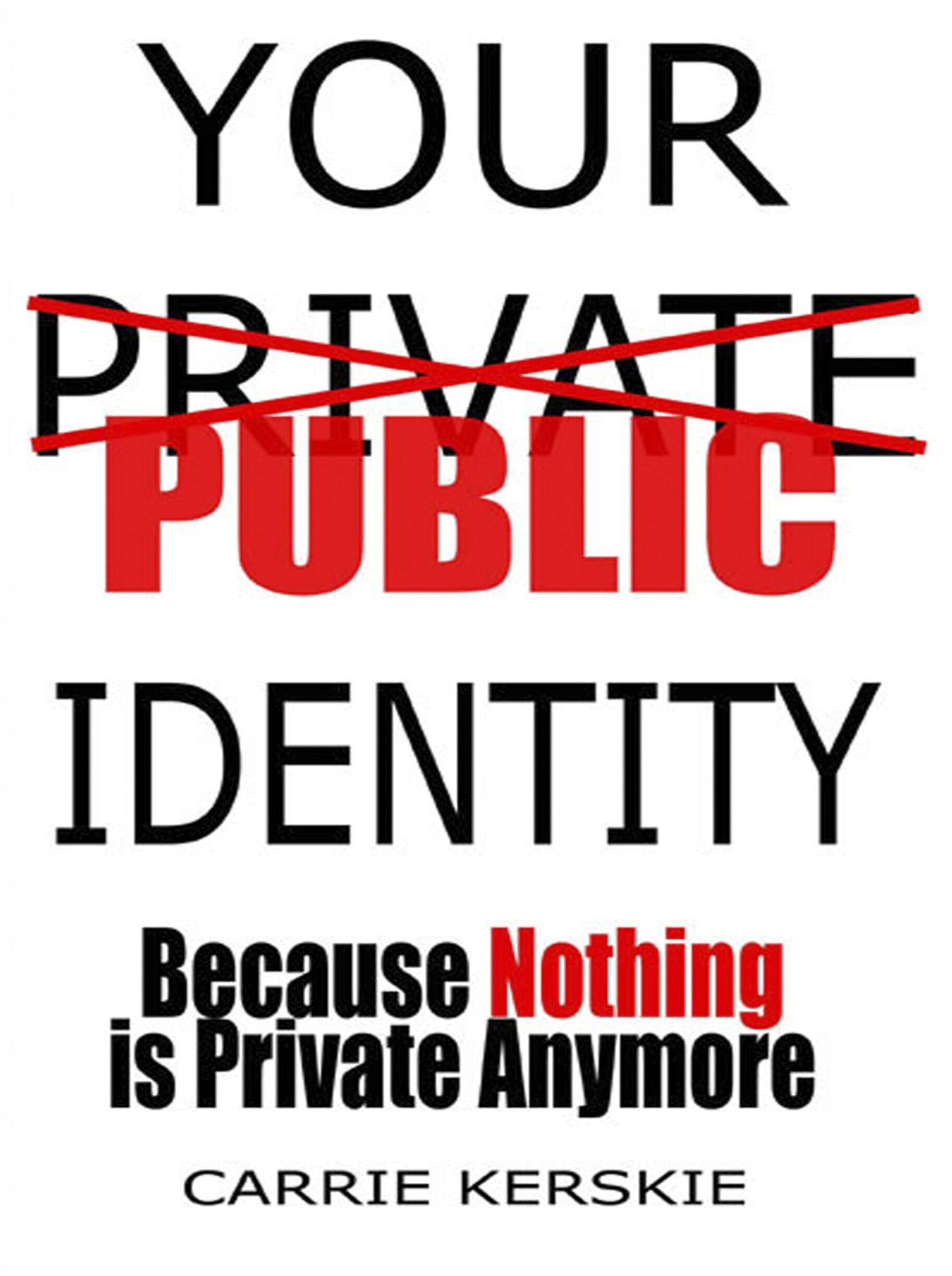When it comes to identity theft most people often think of credit cards and bank accounts but, these are only part of the epidemic. In fact, identity theft has the potential of causing life threatening consequences. The only way to truly understand the enemy that is identity theft is by knowing and understanding all of the different types of identity theft.
FINANCIAL
Financial identity theft is what often comes to mind when you hear “identity theft.” This may involve a thief using your credit card, debit card, or opening a new account in your name. But it can also involve a thief using your PII to obtain a loan (car, home or line of credit) or file for bankruptcy. If a thief has used your identity for a period of time he may need to file for bankruptcy to keep up the charade. This is exactly what happened to a client of mine a few years back. Imagine the surprise when you are notified all of your accounts have been frozen for failing to disclose them on a bankruptcy filing that you did not file.
Financial identity theft also occurs when someone files a tax return in your name. This is much more dangerous than someone merely using your credit card because now the thief has your social security number. IRS tax return identity theft has greatly increased over the past four years and until the IRS develops procedures to detect fraudulent transactions the upward trend will continue.
UTILITY
Utility identity theft is exactly as it sounds. It occurs when a thief uses your identity to obtain utilities such as electric, water, gas, telephone (landline or cell phone), or cable. When the bill is not paid it is reported to your credit report.
GOVERNMENT BENEFITS/GOVERNMENT DOCUMENTS
Government benefits identity theft occurs when a thief files for and receives your Social Security benefits. I have worked with clients that decided to delay receiving Social Security. When they applied to receive the benefit they were told they were already receiving Social Security. Another example of government benefits identity theft is when a thief uses your Medicare information to obtain medical services, treatment or products. This will be discussed further in medical identity theft.
Government identification identity theft occurs when a thief uses your identity to obtain a driver’s license or when a thief purchases a driver’s license containing your information, also known as a novelty ID, but with the thief’s photograph. Now the thief’s driving record becomes part of your driving record.
CRIMINAL
Criminal identity theft occurs when a thief presents your information to law enforcement when he is arrested for a crime. Imagine finding out that there was a warrant for your arrest for a triple homicide. This is exactly what happened to my client. This was the result of mistakenly leaving his wallet on a gas pump.
MEDICAL
Out of all of the types of identity theft medical identity theft has the possibility of causing fatal consequences. Medical identity theft occurs when a thief uses your identity to obtain medical services and/or products as well as health insurance. The thief’s symptoms, test results, diagnosis and blood type are now part of your permanent medical record. Unfortunately the new health exchanges and electronic medical records make it extremely difficult, if not impossible, to the information corrected. When a Doctor is attempting to make a diagnosis he will review your entire medical history including test results and symptoms. I have had clients that were denied payment for services or treatment because they had exhausted their benefits. Only they were not the ones that received the benefits.
BUSINESS
Business identity theft occurs when a thief uses the PII of a business, tax ID number, company name or logo, to obtain credit accounts or to steal money from the business’ customers. The reward to identity thieves is a payout of ten times that of stealing an individual identity. The average criminal can gain around $500-$5,000 with individual identity theft. The average gain with business identity theft could be $50,000 and up. There is also less risk to the criminal with business identity theft as most identity theft laws exempt business entities.
So what can you do to protect yourself from identity theft? Unfortunately, nothing. Identity theft cannot be prevented. The best you can do is to reduce your exposure and monitor to detect the early warning signs. Early detection of identity theft greatly reduces your risk of financial loss or permanent damage.
WARNING SIGNS
Here is a list of the most common warning signs of identity theft.
- Discrepancies on statements (credit card, bank, etc)
- Collection calls
- Bills or explanation of benefits for unknown medical procedures
- Stolen wallet
- Not receiving paper statements when expected
- Reduction in credit score
- Auto insurance premium increase due to unknown traffic citation
- Complaint calls from unknown customers
- Notification from the IRS that your return has already been filed when you have not yet filed it
- Denial of credit
If you should detect any of these warning signs take action right away. Make calls, ask questions. This is not the time to be shy and assume it is merely a clerical error.
YOU ARE A VICTIM, NOW WHAT?
First you need to know your rights. There are numerous laws, federal and state, created to help you recover from identity theft. Unfortunately many of the credit bureaus, credit card companies, etc, know that victims do not know nor do they understand their rights. These organizations use this to their advantage. The majority of my clients have spent months to years trying to restore their identity without seeing results. Once I became involved I was able to restore the client’s identity within a few hours or days. Why? Because I know and understand victim’s rights and do not allow these organizations to delay or avoid what they are required by law to do.
So what are these laws? The first is the Fair Credit Reporting Act which allows you to obtain a FREE copy of your credit report from each credit bureau every twelve months. The three main credit bureaus are TransUnion, Equifax and Experian. You can also visit www.AnnualCreditReport.com to access your credit reports online. This website is the ONLY website endorsed by the Federal Trade Commission. DO NOT use any other website, except for the credit bureau’s website, to get your credit report. The other websites were created to sell you services and will often demand a credit card.
The second law is the Fair and Accurate Transaction Act which allows you to place a free 90 day fraud alert on your credit report with each bureau if you believe you may be a victim of identity theft. If your wallet was stolen then you are entitled to the free 90 day fraud alert. To activate the fraud alert simply contact each credit bureau and tell them you suspect you might be a victim of identity theft. You will also have the opportunity to order a free credit report at the same time. Once you have filed an Identity Theft Report you are allowed up to two free credit reports within a twelve month period from each credit bureau. You also have the option request an extended fraud alert for up to seven years. Depending on your state you may have to pay a small fee for the extension.
There are also credit card and banking laws which protect you from financial loss due to fraud. If you should observe a fraudulent transaction on your credit card statement simply contact the credit card company, in writing, and the transaction will be removed. It is really just that simple. If you should observe a fraudulent transaction on your bank statement contact your bank, in writing, and after the bank has verified the transaction to be fraudulent the money will be refunded to your account. Please note that if you should incur overdraft fees due to the fraudulent transactions the banks are NOT required to refund the amount of the overdraft fees. This is why it is better to always use a credit card as opposed to a debit card.
Identity theft is the fastest growing crime in America today. No one is immune from identity theft. Even though I am and identity theft expert it has happened to me three times, once while I was a patient at a local hospital. There was NOTHING I could have done that would have prevented the hospital employee from accessing my medical record. Unfortunately this epidemic is going to get worse before it gets better. My advice to you is to be alert, monitor your statements (credit card, bank, health insurance, etc) and keep your eyes and ears open to warning signs. Remember the gazelle. When he senses a lion he runs. He does not stand around trying to rationalize it otherwise he would be the lion’s lunch. If something is making the hair on the back of your neck stand up take action. Otherwise you will be an identity thief’s lunch.


